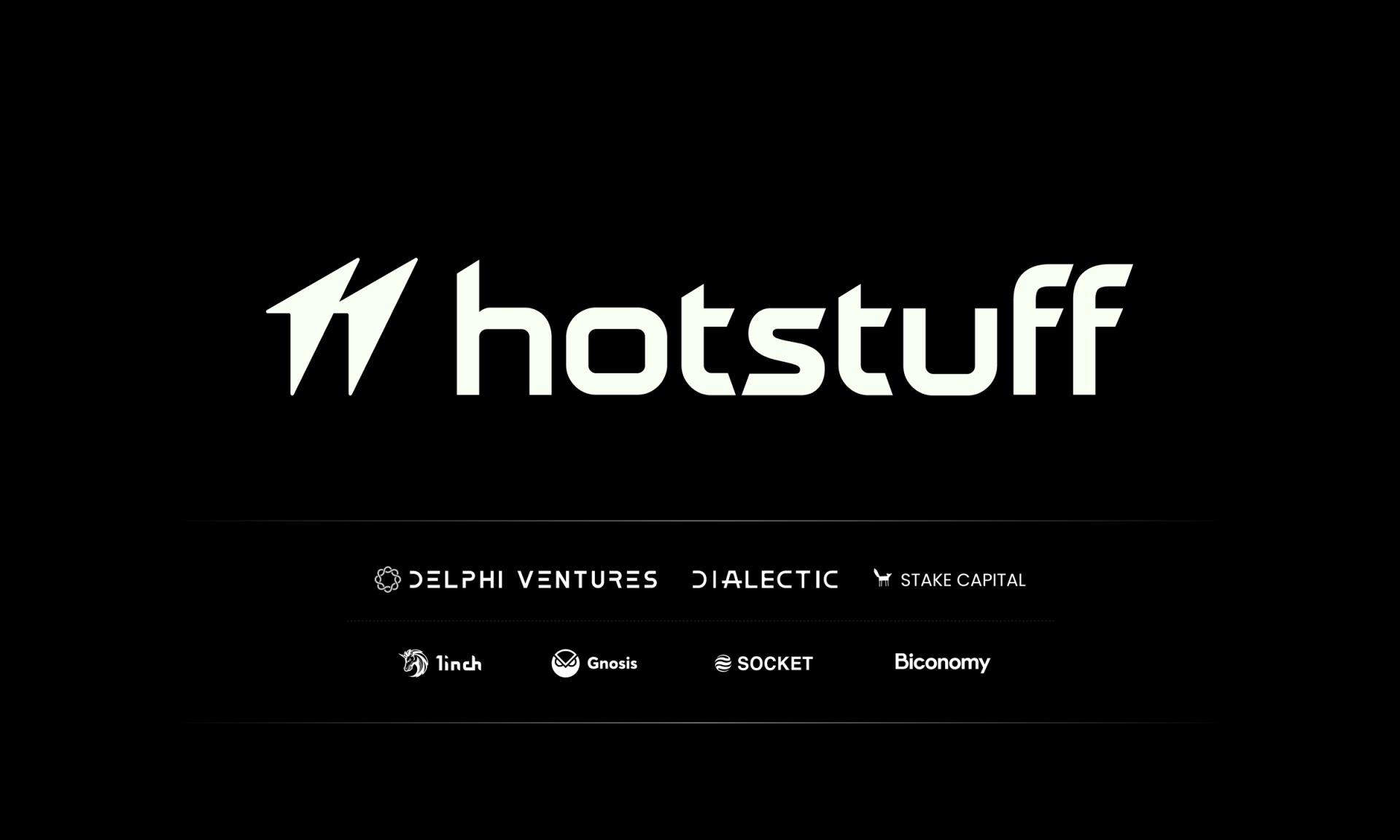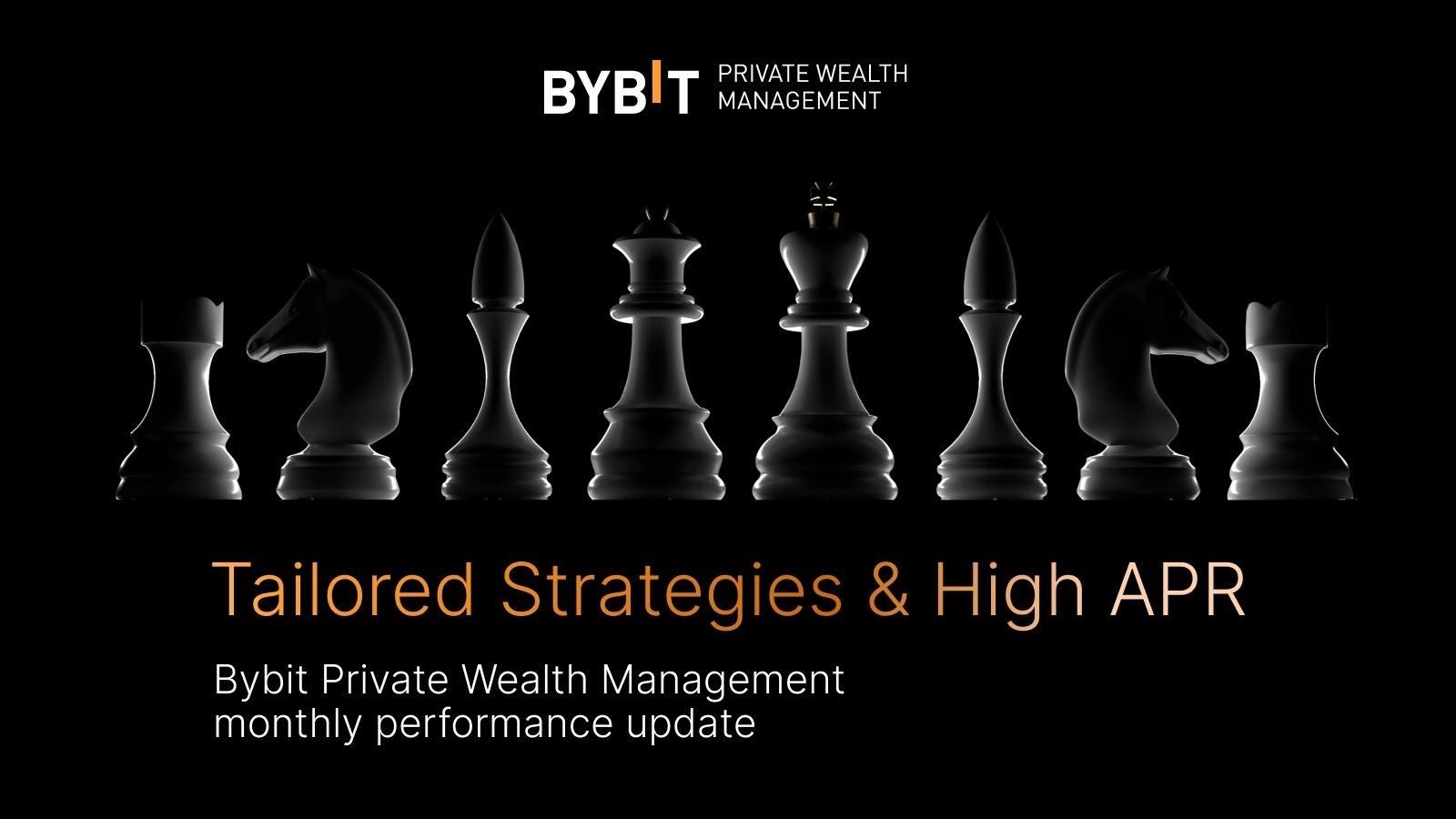A mining pool is a fundamental concept in blockchain technology that involves a collaborative group of miners combining their computing power and resources to increase their chances of successfully discovering the next block and receiving rewards in the form of cryptocurrencies. By joining forces, miners can overcome the challenges and costs associated with independent mining and improve their efficiency.
In blockchains like Bitcoin, where competition among miners is fierce, mining pools offer a more cost-effective and efficient solution. Instead of individual miners investing in expensive infrastructure to validate a block independently, they can pool their resources and share the rewards generated when the mining pool successfully validates a block.
What is the process of a Mining Pool?
When miners join a mining pool, they contribute their computing power to a collective mining effort. This collective power is often measured in terms of hash rate, which refers to the number of calculations a miner can perform per second. The higher the hash rate, the greater the chances of successfully mining a block.
When a mining pool receives a new block to be validated, the participating miners work together to solve a complex mathematical puzzle known as the “proof of work” algorithm. The first miner to solve this puzzle is rewarded with the block reward, which includes newly minted coins as well as transaction fees from the included transactions. The reward is then distributed among the pool members based on their contribution to the overall hash rate.
What are the advantages of joining a mining pool?
There are several advantages to joining a mining pool:
- Increased chances of earning rewards: By combining their computing power, miners in a pool have a higher probability of successfully mining a block and earning rewards compared to individual miners.
- Cost-effectiveness: Mining equipment and electricity costs can be quite high, especially for more established cryptocurrencies like Bitcoin. Joining a mining pool allows miners to share these costs, making the process more affordable.
- Steady income stream: For miners who may face fluctuations in their individual mining efforts, being part of a pool provides a more consistent and reliable income stream.
- Community support: Mining pools often have active communities where miners can exchange knowledge, receive technical support, and stay updated on the latest developments in the blockchain ecosystem.
What factors should be considered when choosing a mining pool?
When selecting a mining pool to join, miners should consider the following factors:
- Size and reputation: Larger mining pools often have a higher hash rate, increasing the chances of earning rewards. Additionally, pools with a good reputation are more trustworthy.
- Fee structure: Mining pools typically charge a fee, which can vary depending on the pool. Miners should evaluate the fee structure and ensure that it aligns with their profitability expectations.
- Payout frequency: Some mining pools distribute rewards more frequently than others. Miners should consider their preferred payout frequency to meet their financial needs.
- Transparency: It’s essential to choose a mining pool that provides transparency in terms of block validation, reward distribution, and operating costs. Transparency builds trust within the mining community.
- Security: Miners should verify the security measures implemented by the mining pool to protect miners’ funds and data from potential attacks.
What are the types of Mining Pools?
There are different types of mining pools catering to various preferences and requirements:
- Pay-per-Share (PPS): In a PPS mining pool, miners receive a fixed payment for each share they contribute, regardless of whether the pool mines a block or not. This type of pool provides a steady income stream but may have higher fees.
- Proportional: Proportional mining pools distribute rewards proportionally based on each miner’s contribution. Miners are paid when a block is found, and the reward is shared among the participants. This type of pool is suitable for miners looking for a fair distribution of rewards.
- Pooled Mining: Pooled mining allows miners to work together on a shared block without dividing the reward based on shares. Once the block is mined, the reward is split evenly among the participants. This type of pool is ideal for miners who prefer simplicity and equal reward distribution.
- Merged Mining: Merged mining pools allow miners to mine multiple cryptocurrencies simultaneously. By doing so, miners can increase their chances of finding blocks across different blockchain networks.
What is the conclusion?
Mining pools play a crucial role in the blockchain ecosystem by enabling miners to combine their computing power and resources for more efficient block validation and increased chances of earning rewards. By joining a mining pool, miners can overcome the challenges of individual mining and benefit from a cost-effective and reliable income stream. When choosing a mining pool, it’s important to consider factors such as size, reputation, fee structure, payout frequency, transparency, and security. Ultimately, mining pools provide a collaborative approach to cryptocurrency mining, promoting community support and inclusivity within the blockchain network.














